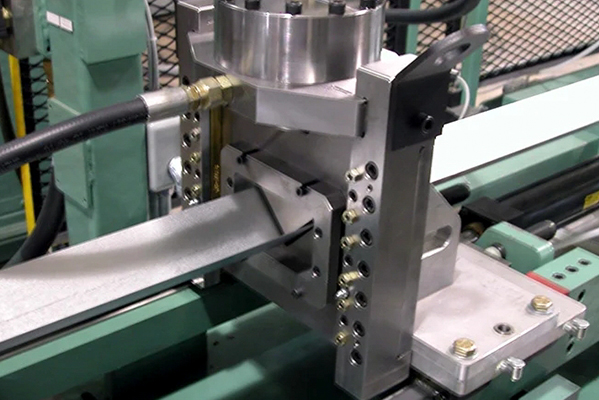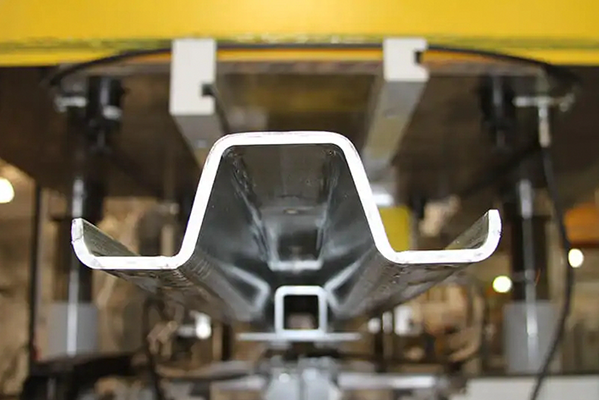Navigation Menu
Contact Us
- Email:
- info@wxavatar.com
- Address:
- Yurong Village, Yuqi Street, Huishan District, Wuxi, China.
Release Date:May 08, 2025 Visit:98 Source:Roll Forming Machine Factory
When it comes to shaping metal into useful products, manufacturers have several options to choose from. Among these, roll forming machines stand out as a reliable and efficient solution for many metal fabrication needs. Let's look at why these machines have become such an important part of modern manufacturing.
Consistent Quality Production
Roll forming machines excel at producing metal parts with uniform dimensions batch after batch. The process gradually shapes metal coils or sheets through a series of rollers, each performing a small part of the total forming operation. This step-by-step approach helps maintain tight tolerances and reduces variations in the final product. For businesses that need thousands of identical metal components, this consistency is invaluable.

Handling Various Materials
These machines work well with different types of metals including steel, aluminum, copper, and others. Operators can adjust settings to accommodate various material thicknesses and properties. This flexibility allows manufacturers to use roll forming for diverse products without needing completely different equipment for each material type.
Cost-Effective for Large Runs
While the initial setup of a roll forming line requires careful planning, once running, it can produce parts at impressive speeds with relatively low operational costs. The continuous nature of the process means less wasted material compared to some alternative methods. For projects requiring high volumes, this efficiency translates to significant savings over time.
Complex Shapes Made Simple
Modern roll forming technology can create surprisingly complex cross-sectional profiles that might be difficult or expensive to produce through other methods. From simple channels and angles to specialized designs with multiple bends and curves, the capabilities continue to expand with advancements in machine design and control systems.
Reduced Secondary Operations
Many roll forming systems can incorporate additional features like hole punching, notching, or embossing during the forming process itself. This integration minimizes the need for separate processing steps later, saving both time and labor costs while maintaining better alignment of these features with the formed shape.
Adaptable to Changing Needs
Contemporary roll forming equipment often includes computerized controls that allow for relatively quick changeovers between different product specifications. This adaptability helps manufacturers respond to changing customer requirements or market demands without excessive downtime or retooling expenses.
Durability and Long Service Life
Well-maintained roll forming machines can remain productive for many years. The robust construction of quality equipment stands up well to the demands of continuous industrial use. This longevity makes them a sound investment for businesses looking at long-term metal fabrication needs.

From building materials to automotive components and countless other applications, roll forming machines continue to prove their worth in metal fabrication shops. Their combination of precision, efficiency, and versatility explains why they remain a preferred choice for manufacturers who need reliable metal forming solutions.